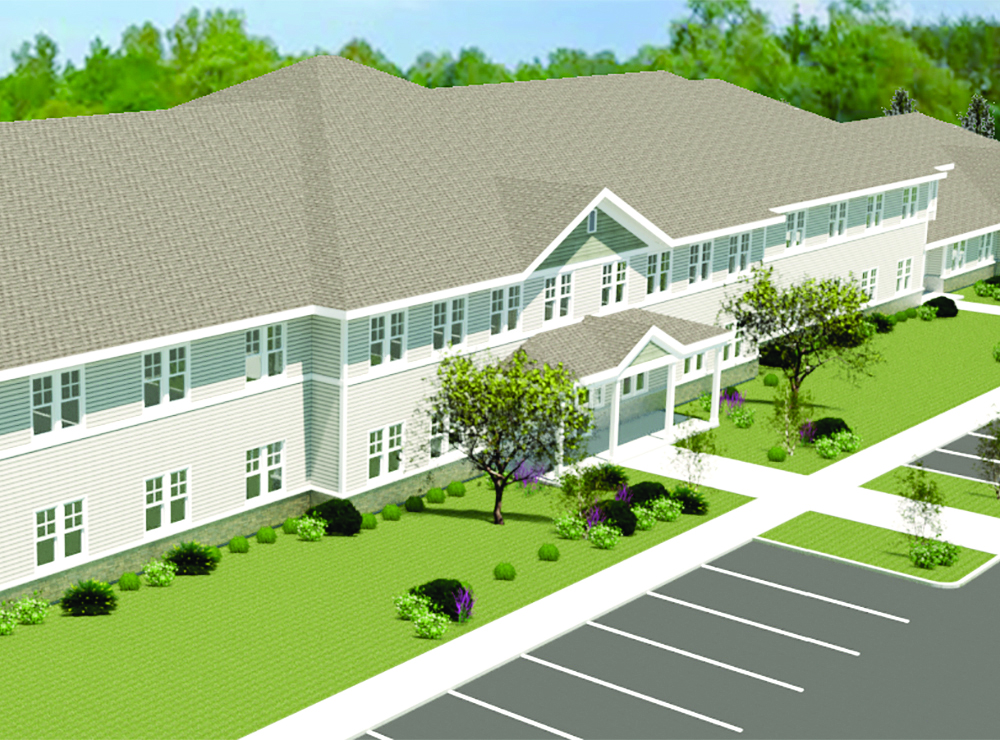
Courtesy Warren-Washington Association for Mental Health
By Greg Hitchcock
A newly proposed housing project for the homeless is in the works in Glens Falls.
The Warren-Washington Association for Mental Health Inc. is planning to build a 28-unit apartment building at 47-50 Cooper St.
After being awarded $9.2 million in grants for operating and building the housing development, Andrea Deepe, executive director of the association, said the next steps are to appear before the city Planning Board for approval, while educating the public on the merits of the project.
“We already have a presence on Maple Street, nearby,” Deepe said.
In September 2018, $3.4 million came from a grant for operational expenses from the Empire State Supportive Housing Initiative and an additional $5.8 million for construction costs from a grant from the Homeless Housing and Assistance Program, a program of the state Office of Temporary Disability Assistance.
The mental health association is working with local contractors and architects on the housing development, located on the site of the former Mullen Iron Works.
“We’ve been in the community for the last 30 years. And we have a positive rapport with Glens Falls and Hudson Falls,” Deepe said.
The apartments will provide permanent supportive housing, mainly single one-bedroom and studio apartments, as well as four apartments for families, Deepe said.
She said the housing development will also have living space for emergency sheltering, where they can provide up to 30 days of temporary housing to some homeless while they are set up with stable housing.
She said it’s been a long time coming and will serve a great need in both counties.
In 2009, the Warren-Washington Association for Mental Health opened a similar single-apartment program in Hudson Falls. Deepe said she mental health workers come to the building to offer health clinics, domestic violence programs and veteran programs.
“The only requirement for living here is they need to be homeless. They apply to come into the program and move in where they can get help,” she said.
This is the “housing first” theory where by providing stable housing, the residents can then concentrate on their other needs, like chemical dependency counseling, according to Deepe.
“We hope to break ground this summer. We are excited and grateful to get the funding and move forward,” Deepe said.
